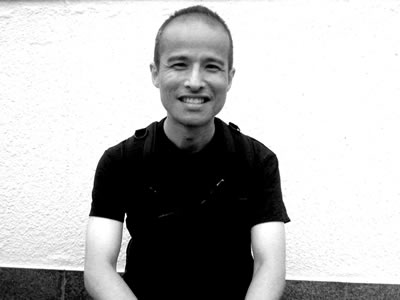http://www.eubios.info/EJ54/EJ54E.htm
http://www.eubios.info/EJ55/EJ55D.htm
Also, here is a biography of Dr. Morioka.
http://www.lifestudies.org/profile.html

Main Points:
Morioka's main purpose for writing this 1995 paper is defined as to "illustrate how the Japanese have responded to newly imported bioethical ideas by examining their discourse on brain death and patient's rights. Basically, he seems to be using organ transplants from brain dead patients as a case study to show how bioethics concepts such as patients' rights that came from the West have been accepted or rejected by Japanese doctors, philosophers and citizens.
In part 1, he mainly gives a history of brain death and transplants and shows that there are many factors such as distrust of doctors that led to reluctance to accept transplants from brain dead persons.
In part 2, he shows how "bioethics" is defined in Japan as a human rights movement, and how the brain death transplantation Wada case was symbolic of patients' distrust of paternalistic doctors who practiced "closed door medicine" with very little informed consent and self-determination.
It looks like the patients' rights movement was just beginning in the 1990s when wrote this article.
Reactions
1. One main reaction I had was that this information is quite old. I wanted to know what the situation is now in 2010. For example, do doctors in Japan practice "open medicine"? Can people learn about their terminal cancer? Do people accept brain death as death?
2. Another reaction I had was that his content needs a little more objectivity and organization. He does not give a preview of what he is going to argue as Japan's respond to bioethics. We need to wait and see what he says later, I guess. Also, several points such as "one of the STRONGEST factors preventing transplantation was DISTRUST of doctors." seem to need more support.
3. What are "Asian ethics"? Can such as regional generalization be made?
There are many interesting points in this article, so I will look forward to reading the remaining parts in more detail.
Discussion Questions:
1. Do you distrust doctors in Japan? Do you feel you can ask them questions about your own or your family members' illness or reasons for their decision of treatment?
2. Should ethics in Japan and ethics in other Asian or European countries be the same? Or is it OK for different cultures to have different ethics? Should patients rights be universal or local??
What do you think? Feel free to leave me a comment.
I think the rights will hard to be universal. In the politics, if we seriously take the each states are very cosmopolitan, the right should be universal which means everyone follows. However, reality is anarchy happens outside. Same as in this case, the rights would closer to be local.
返信削除Thanks for the comment Eriko! I agree with you that, no matter what the ideal is, the reality will most likely be that ethics and rights will always be different from culture to culture.
返信削除